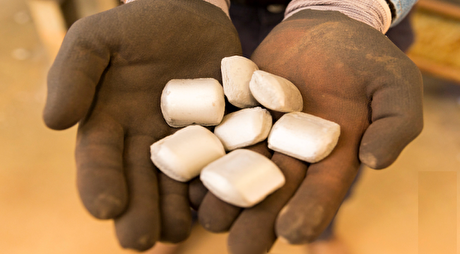
Tehran, Baghdad Discuss Boosting Economic Cooperation

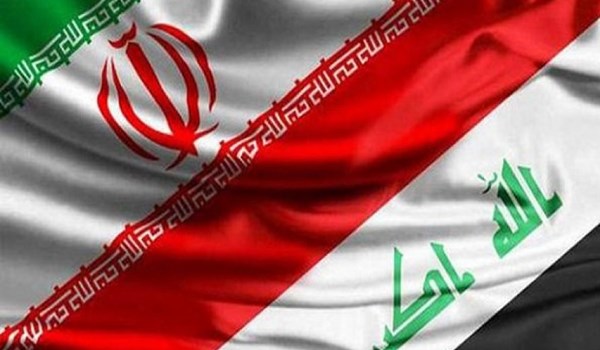
Zarif and Abdul-Mahdi met on Sunday evening in Baghdad, and discussed the latest developments in bilateral relations and the areas of economic cooperation between the two countries, as well as regional and international developments.
In the meeting, the Iraqi prime minister referred to the cultural and historical similarities between the two countries and emphasized the expansion of relations between the two countries.
Zarif, for his part, expressed his satisfaction with the visit to Iraq and expressed his appreciation to the Iraqi government for the positive stance on the regional issues and towards the Islamic Republic of Iran.
Earlier on Saturday, Iranian Foreign Ministry Spokesman Bahram Qassemi announced that a large economic delegation will accompany the top diplomat in this visit.
Qassemi said that CEOs of dozens of entrepreneur companies will accompany the foreign minister on this visit.
Meeting with high-ranking Iraqi officials, attending joint business conferences in several Iraqi cities, especially Karbala and Sulaymaniyah, are on Zarif's agenda, according to Qassemi.
In a related front, Iraqi Prime Minister Adil Abdul-Mahdi said that his country is enjoying friendly and close ties with Tehran, adding that Baghdad is focused on its commonalities with neighboring countries, including Iran.
Abdul-Mahdi highlighted the close and amicable relations with Iran, saying his government believes in focusing on commonalities in its interactions with neighbors.
He made the remark in response to a question about Iran and Iraq’s relations during his term in office in his weekly press conference on last Tuesday.
“In our engagement with neighbors, our emphasis is on working together on commonalities, and through this way, we can gradually resolve disputes with confidence and goodwill,” he added.
Elsewhere, he stressed that all developments happening on shared borders with Syria, as well as ISIL activities, are under his government’s constant watch, adding that Iraq is in contact with Syria, Turkey and the international coalition in this regard.
Iraqi Foreign Minister Mohamed Ali Al-hakim said on last Wednesday that Zarif would make an official visit to Baghdad in January.
Speaking to a gathering of journalists, Iraq's foreign minister said that his country is "not obliged" to abide by sanctions imposed by the US against Iran and would be pursuing options to continue trade.
He added that the sanctions against Iran were 'unilateral, not international' and could be bypassed
On December 28, Iranian Ambassador to Baghdad Iraj Masjedi, in a meeting with former Iraqi Prime Minister Haider al-Abadi, voiced Tehran’s readiness to expand bilateral ties with the Arab neighbor in all areas, asserting that the Islamic Republic will continue helping Iraq’s reconstruction.
Bilateral cooperation and the regional development were other topics discussed between al-Abadi and Masjedi.
In the meantime, Masjedi expressed Iran's support for Iraq during the reconstruction era.
“Iran is ready for cooperation with Iraq in all fields,” the Iranian diplomat reassured.
On December 26, Iranian Energy Minister Reza Ardakanian announced his country's preparedness to participate in projects to reconstruct Iraq after the devastating war launched by the US and its allies against the country.
The Islamic Republic of Iran is ready to participate in reconstruction of Iraq, in particular, in infrastructural projects, Ardakanian told reporters upon arrival in the Iraqi capital, Baghdad on Wednesday.
Meantime, Iraqi Electricity Minister Luay al-Khateeb called for the development of relations with Iran, saying that Iraq is interested in cooperation with all countries, in particular, Iran.
He referred to the growing population in Iraq, and noted that Baghdad is thirsty for energy as a pre-condition to its development.
In relevant remarks earlier this month, Iraqi Minister of Construction and Housing Bangen Rekani had voiced his country's interest in Iranian firms' partnership in that country's reconstruction and development projects.
"My country welcomes the presence and participation of Iranian companies for reconstruction of different regions in Iraq," Rekani said in a meeting with Hassan Danayeefar, an advisor to Iranian first vice-president for economic relations with Iraq.
During the meeting, the two sides touched on the latest status of bilateral relations and topics of mutual interest, including ways to arrange for the payments of Iranian companies.
Danayeefar, for his part, said that the Iranian firms are ready to cooperate in the reconstruction process of Iraq which is damaged by the war on ISIL terrorists.


Caterpillar sees US tariff hit of up to $1.5 billion this year

Australia pledges $87M to rescue Trafigura’s Nyrstar smelters in critical minerals push

SAIL Bhilai Steel relies on Danieli proprietary technology to expand plate mill portfolio to higher steel grades
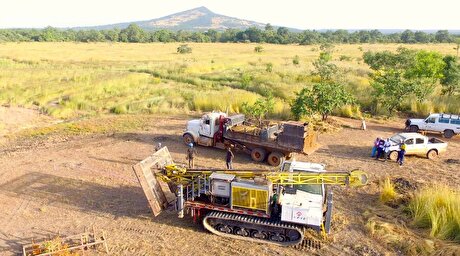
Fortuna rises on improved resource estimate for Senegal gold project

Alba Discloses its Financial Results for the Second Quarter and H1 of 2025
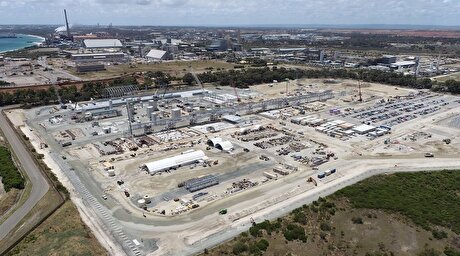
Tianqi Lithium Australia JV says it is prioritizing long-term viability of refinery

Fresnillo lifts gold forecast on strong first-half surge

Copper price slips as unwinding of tariff trade boosts LME stockpiles

Why did copper escape US tariffs when aluminum did not?

De Beers strikes first kimberlite field in 30 years

Minera Alamos buys Equinox’s Nevada assets for $115M
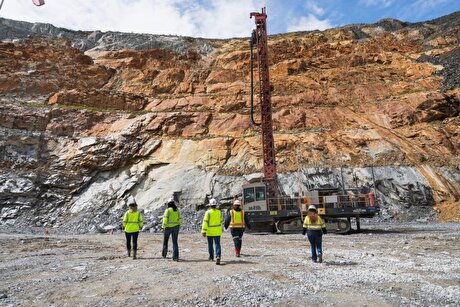
OceanaGold hits new high on strong Q2 results
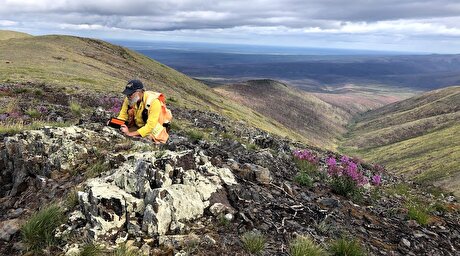
What’s next for the USGS critical mineral list

South Africa looks to join international diamond marketing push
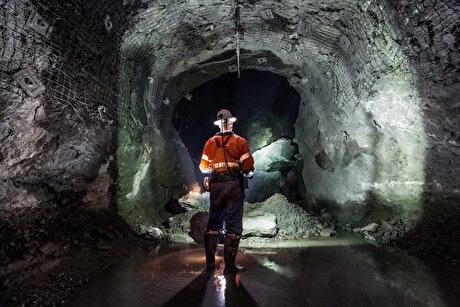
Copper price gains on Chinese demand, Chilean supply risks

Gold exploration spend trending down despite higher prices – S&P Global

A global market based on gold bars shudders on tariff threat
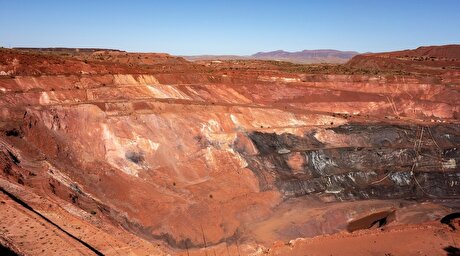
New research reveals source of world’s richest lithium deposits

Century Aluminum to invest $50M in Mt. Holly smelter restart in South Carolina

De Beers strikes first kimberlite field in 30 years

Minera Alamos buys Equinox’s Nevada assets for $115M

OceanaGold hits new high on strong Q2 results

South Africa looks to join international diamond marketing push

Copper price gains on Chinese demand, Chilean supply risks

Gold exploration spend trending down despite higher prices – S&P Global

A global market based on gold bars shudders on tariff threat

Century Aluminum to invest $50M in Mt. Holly smelter restart in South Carolina
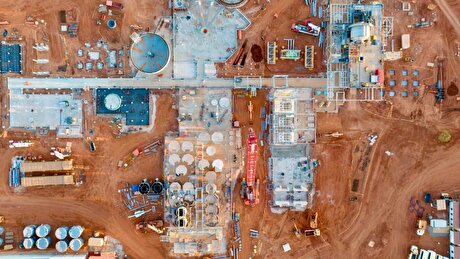
Australia to invest $33 million to boost Liontown’s Kathleen lithium operations
